Home>Gardening & Outdoor>Landscaping Ideas>What Grass Grows Best In Georgia
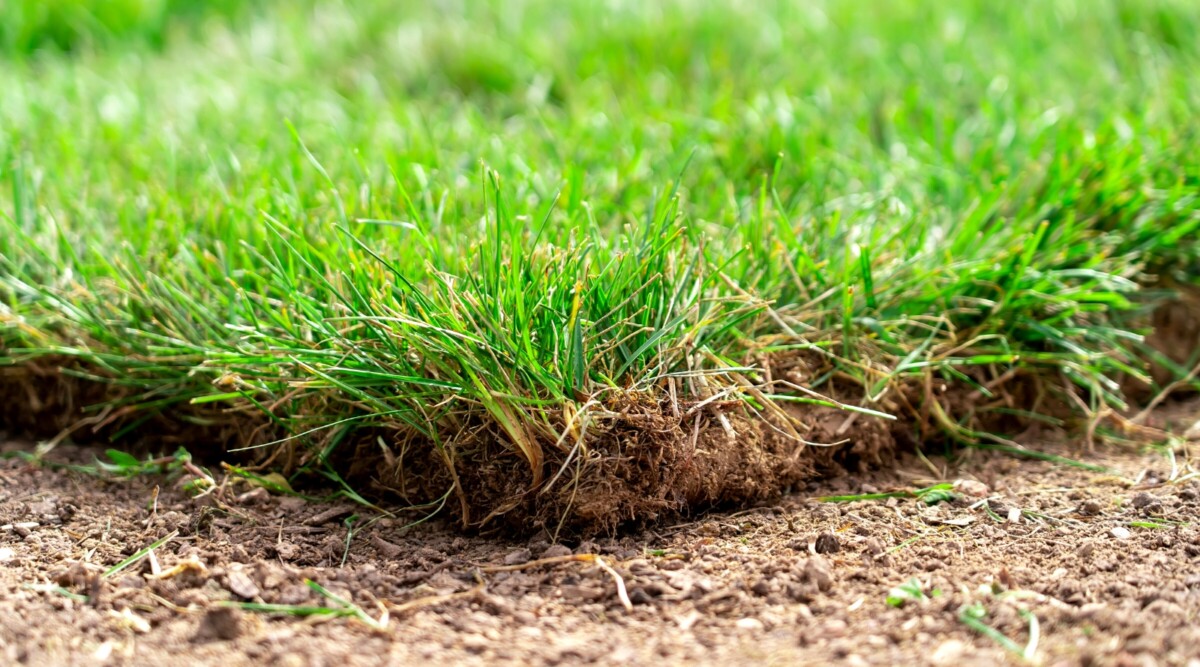

Landscaping Ideas
What Grass Grows Best In Georgia
Modified: March 29, 2024
Discover the best grass for your Georgia landscaping needs. Explore top landscaping ideas and find the perfect grass for your outdoor space.
(Many of the links in this article redirect to a specific reviewed product. Your purchase of these products through affiliate links helps to generate commission for Storables.com, at no extra cost. Learn more)
Introduction
Welcome to the lush and vibrant landscapes of Georgia, where the warm climate and fertile soil create an ideal environment for cultivating a variety of grasses. Whether you're aiming to create a verdant lawn for your home or seeking the perfect grass for a commercial or recreational space, understanding the unique considerations of Georgia's climate and soil conditions is crucial. In this comprehensive guide, we'll explore the best grasses for Georgia, offering valuable insights into the types that thrive in this region and the best practices for ensuring their healthy growth. By the end of this article, you'll be equipped with the knowledge needed to transform any outdoor space into a flourishing carpet of greenery. Let's dive into the rich tapestry of grasses that flourish in the beautiful state of Georgia.
Key Takeaways:
- Georgia’s climate and soil conditions create a perfect environment for Bermuda, Zoysia, Fescue, Centipede, and Bahia grasses. Each type offers unique benefits, so choose wisely based on your local conditions and maintenance preferences.
- To grow a thriving lawn in Georgia, follow best practices like soil testing, proper watering, fertilization, regular mowing, weed and pest management, adequate aeration, and seasonal maintenance. By nurturing your grass, you’re contributing to the beauty and health of your community.
Read more: What Is The Best Grass Seed For Georgia
Climate and Soil Conditions in Georgia
Georgia, known for its diverse geography and mild climate, presents a unique set of conditions for cultivating grass. The state experiences a humid subtropical climate, characterized by hot and humid summers, and mild to cool winters. This climate variation across the state influences the choice of grass species that thrive in different regions.
When it comes to soil, Georgia boasts an assortment of soil types. The Coastal Plain region features sandy and acidic soils, while the Piedmont region is characterized by clay-rich and acidic soils. Understanding the specific soil composition in your area is essential for selecting the most suitable grass variety.
The combination of warm temperatures, ample rainfall, and varying soil types in Georgia creates an environment that can support a wide range of grass species. However, it’s important to select grass varieties that can withstand the heat and humidity of Georgia’s summers while also enduring the occasional cold snaps during winter.
Now that we have a better understanding of Georgia’s climate and soil conditions, let’s delve into the types of grasses that are best suited for this dynamic environment.
Types of Grasses that Thrive in Georgia
Georgia’s diverse climate and soil conditions create a hospitable environment for several grass species. When choosing the right grass for your lawn or landscape in Georgia, it’s essential to consider factors such as drought tolerance, heat resistance, and adaptability to varying soil types. Here are some of the top grass varieties that thrive in Georgia:
- Bermuda Grass: Known for its exceptional heat tolerance and rapid growth, Bermuda grass is a popular choice for lawns, athletic fields, and golf courses in Georgia. It thrives in full sun and well-drained soils, making it well-suited for the state’s warm climate.
- Zoysia Grass: Zoysia grass is prized for its ability to withstand foot traffic and its tolerance to heat and drought. It flourishes in Georgia’s climate and is often chosen for residential lawns, parks, and commercial landscapes.
- Fescue Grass: Tall fescue is a cool-season grass that can thrive in the northern regions of Georgia, where winters are cooler. It exhibits good shade tolerance and is commonly used for overseeding warm-season lawns to maintain green coverage during the cooler months.
- Centipede Grass: Well-suited for the acidic soils of Georgia, centipede grass is known for its low maintenance requirements and its ability to thrive in partial shade. It’s a popular choice for homeowners seeking a low-maintenance, drought-tolerant grass option.
- Bahia Grass: With its excellent heat and drought tolerance, Bahia grass is well-adapted to the sandy soils of Georgia’s Coastal Plain. It’s often used in pastures and roadside plantings due to its resilience and low input requirements.
Each of these grass varieties offers unique advantages, and selecting the right one depends on factors such as the specific climate and soil conditions in your area, intended use, and maintenance preferences. By choosing a grass variety that aligns with the local environment, you can establish a resilient and visually appealing lawn or landscape in Georgia.
Bermuda grass and Zoysia grass are the best options for Georgia’s climate. They are both drought-tolerant and can handle the heat and humidity of the region.
Best Practices for Growing Grass in Georgia
Successfully growing and maintaining a lush, healthy lawn in Georgia requires a combination of strategic practices tailored to the region’s climate and soil conditions. Whether you’re establishing a new lawn or revitalizing an existing one, implementing the following best practices can help you achieve optimal results:
- Soil Testing: Before selecting a grass variety, conduct a soil test to understand the pH levels and nutrient composition of your soil. This information will guide you in selecting the most suitable grass species and help determine any necessary soil amendments.
- Proper Watering: Adequate and consistent watering is crucial for establishing new grass and sustaining its growth. In Georgia’s warm climate, it’s essential to water deeply and infrequently to encourage deep root development and drought tolerance.
- Appropriate Fertilization: Based on soil test results, apply fertilizers tailored to the specific nutrient needs of your grass species. Timing and frequency of fertilization should align with the grass’s growth patterns and seasonal demands.
- Regular Mowing: Maintain the appropriate mowing height for your grass variety, ensuring that you adhere to the recommended mowing frequency. Mowing at the correct height promotes healthy growth and helps the grass withstand environmental stressors.
- Weed and Pest Management: Implement proactive weed control measures and monitor for pests that can threaten the health of your grass. Selective herbicides and integrated pest management strategies can help maintain a vibrant lawn.
- Adequate Aeration: Periodic core aeration can alleviate soil compaction and improve air, water, and nutrient movement within the soil, promoting healthier grass growth.
- Seasonal Maintenance: Tailor your lawn care practices to the seasonal changes in Georgia. Adjust watering, fertilization, and maintenance routines to accommodate the varying demands of the grass throughout the year.
By following these best practices and staying attuned to the specific needs of your chosen grass variety, you can nurture a resilient and visually appealing lawn that thrives in Georgia’s dynamic environment. Remember that a well-maintained lawn not only enhances the aesthetic appeal of your property but also contributes to the overall health of the local ecosystem.
Conclusion
As we conclude our exploration of the best grasses for Georgia, it’s evident that the state’s diverse climate and soil conditions offer a hospitable environment for a variety of grass species. Understanding the unique attributes of each grass type and aligning them with the specific requirements of your lawn or landscape is essential for achieving successful growth and maintenance.
By considering factors such as heat tolerance, drought resistance, soil adaptability, and intended use, you can make informed decisions when selecting the most suitable grass variety for your outdoor space. Whether you opt for the rapid growth of Bermuda grass, the durability of Zoysia grass, the cool-season resilience of Fescue grass, the low maintenance of Centipede grass, or the adaptability of Bahia grass, each choice contributes to the rich tapestry of greenery that adorns Georgia’s landscapes.
Furthermore, implementing best practices tailored to Georgia’s climate and soil conditions, such as strategic watering, appropriate fertilization, regular mowing, and proactive weed management, is paramount for nurturing a vibrant and resilient lawn. By prioritizing these practices and adapting them to the seasonal changes in Georgia, you can ensure the long-term health and beauty of your grassy expanse.
As you embark on your journey to cultivate a thriving lawn in Georgia, remember that the process is not merely about creating a visually appealing outdoor space. It’s also a way to connect with nature, contribute to the local ecosystem, and enhance the overall well-being of your community. By fostering a healthy and vibrant lawn, you’re weaving a green legacy that enriches the landscape and brings joy to all who encounter it.
With the knowledge gained from this guide and a passion for cultivating natural beauty, you’re well-equipped to embark on your grass-growing endeavors in Georgia. Embrace the journey, savor the process, and revel in the transformation of your outdoor space into a flourishing haven of greenery.
Frequently Asked Questions about What Grass Grows Best In Georgia
Was this page helpful?
At Storables.com, we guarantee accurate and reliable information. Our content, validated by Expert Board Contributors, is crafted following stringent Editorial Policies. We're committed to providing you with well-researched, expert-backed insights for all your informational needs.
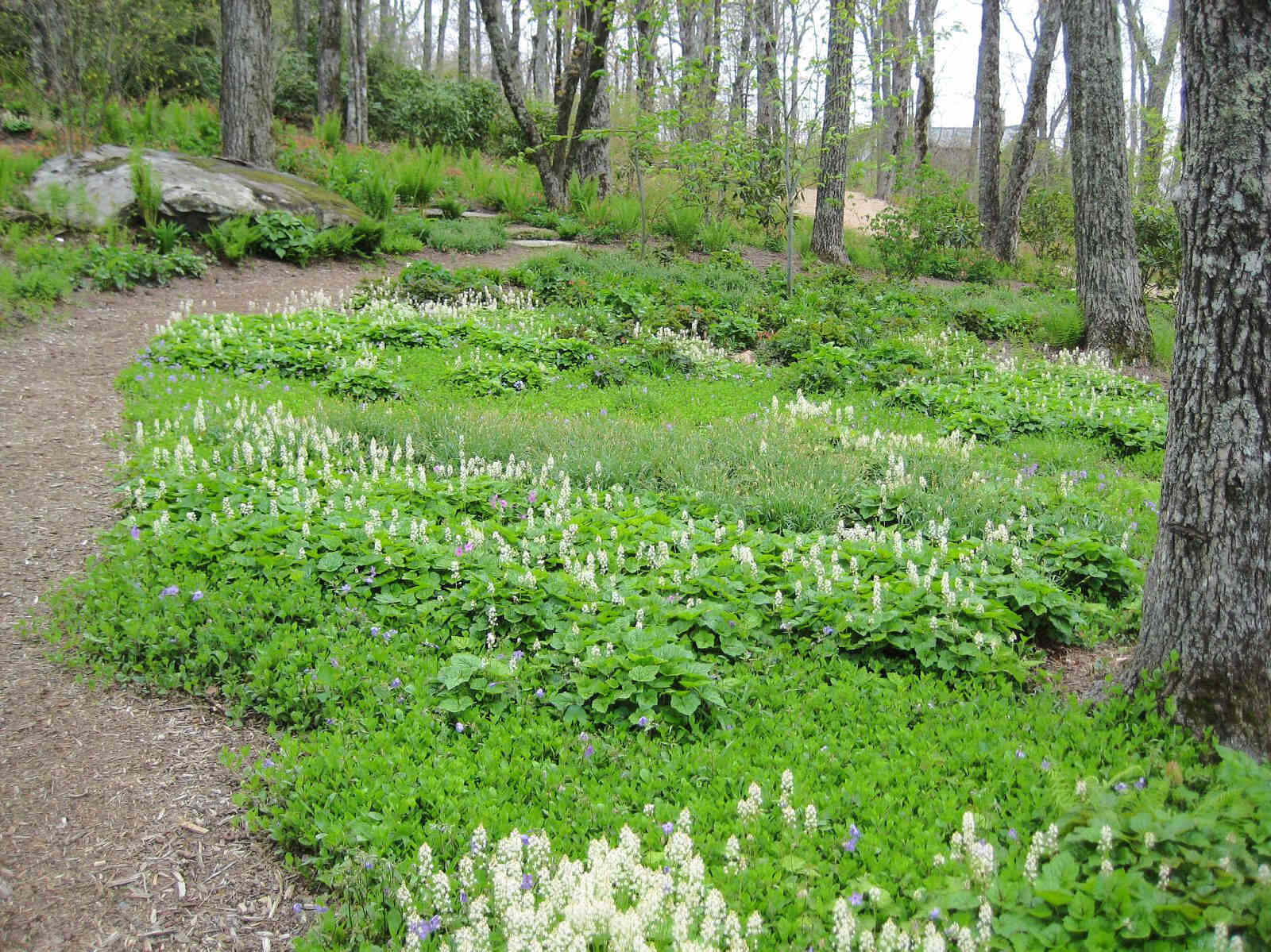
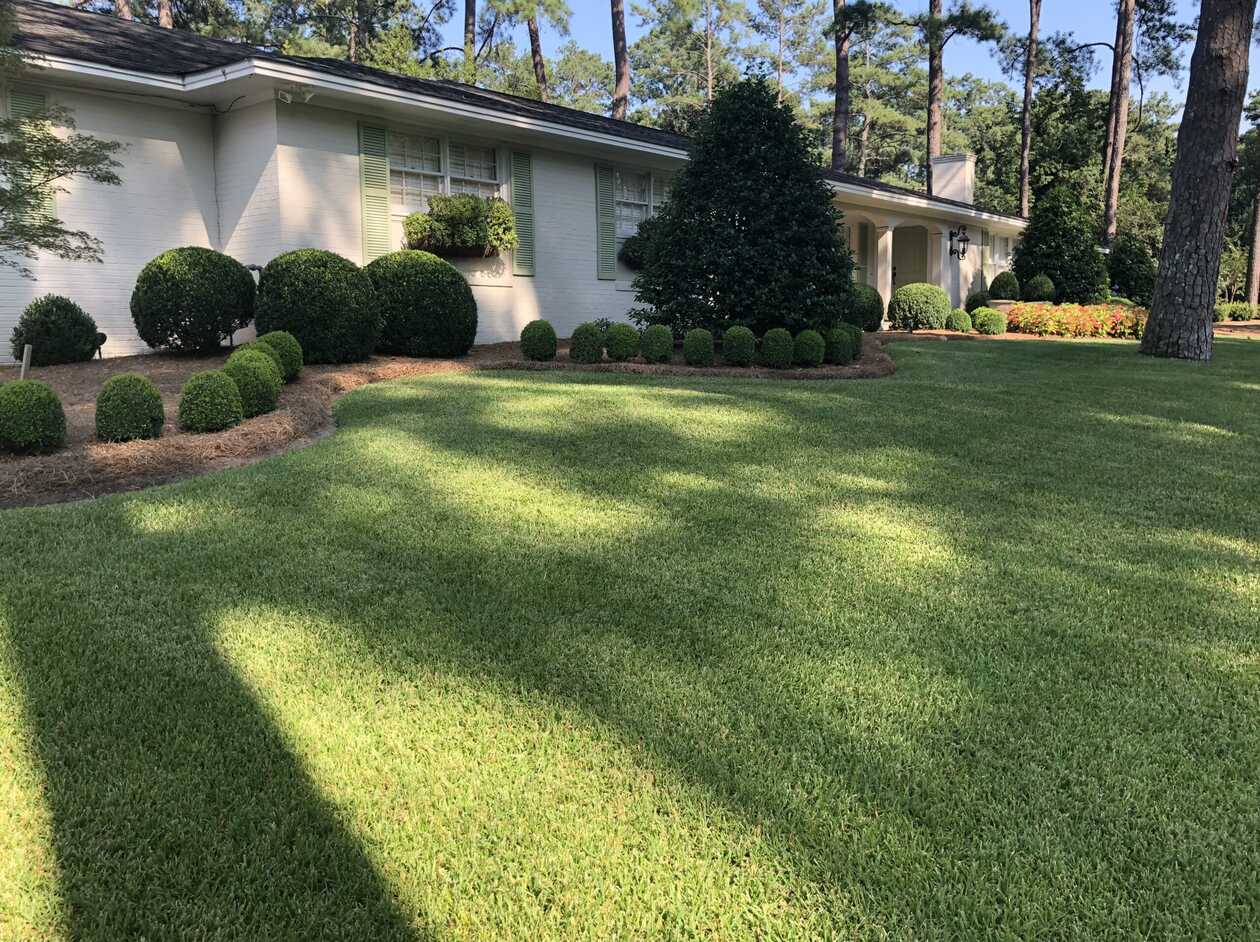
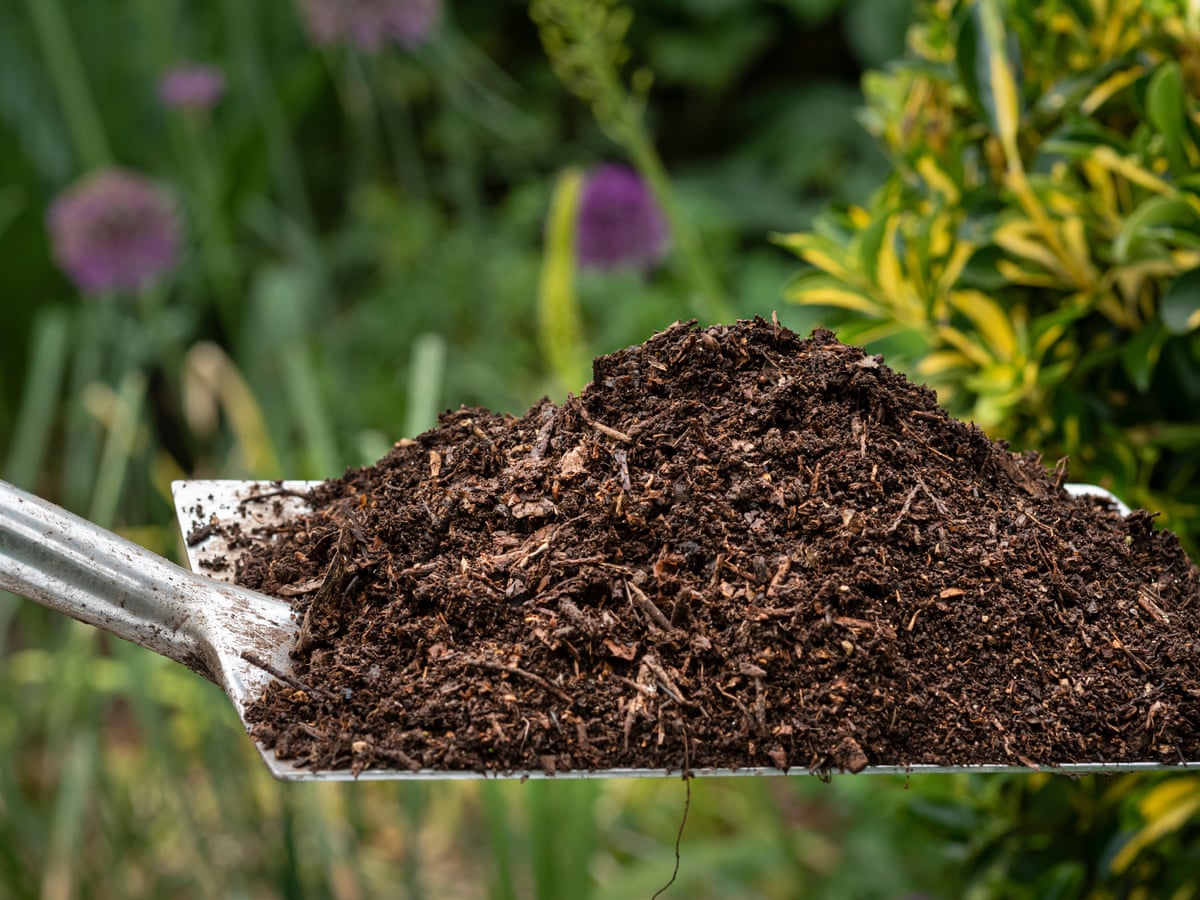
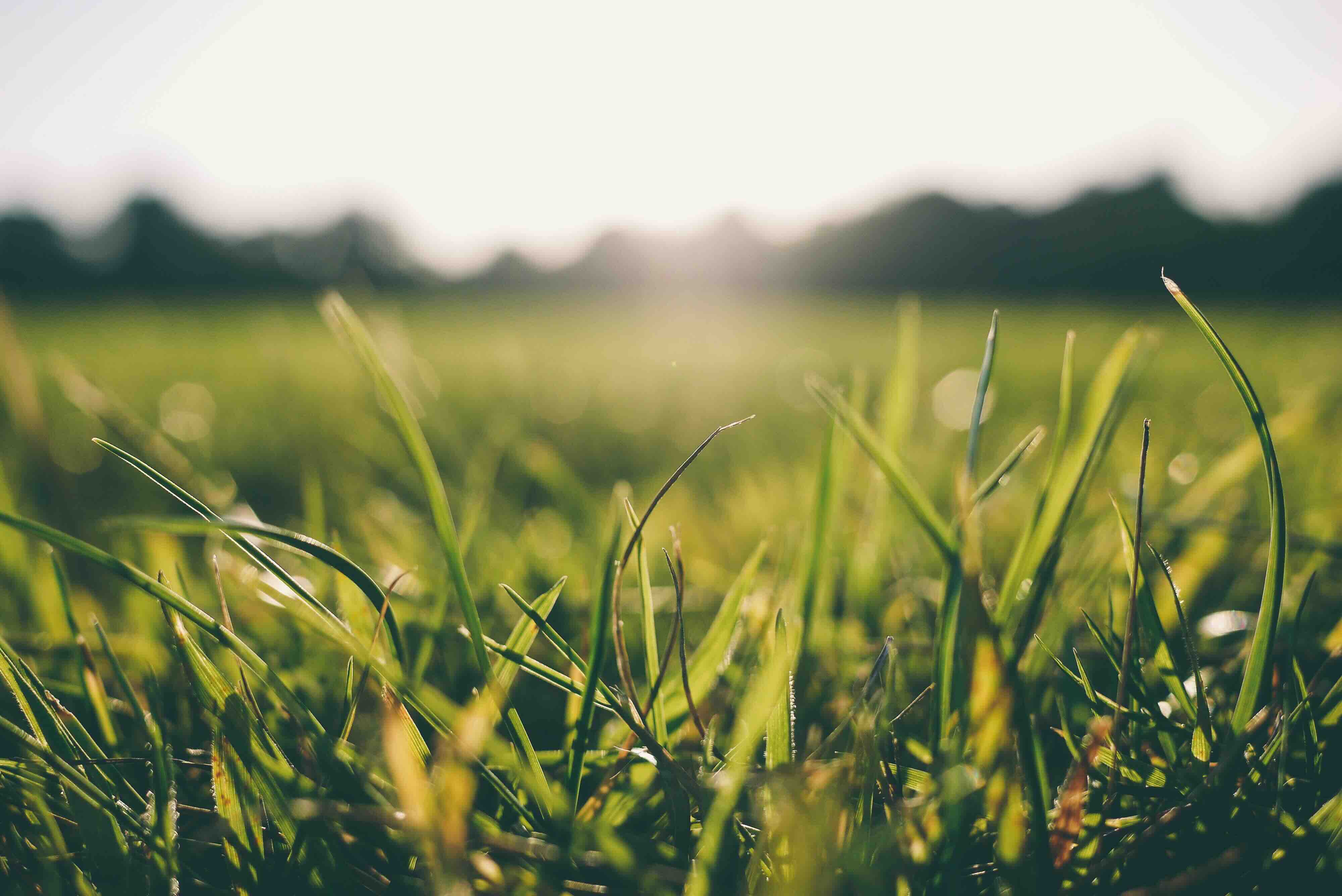
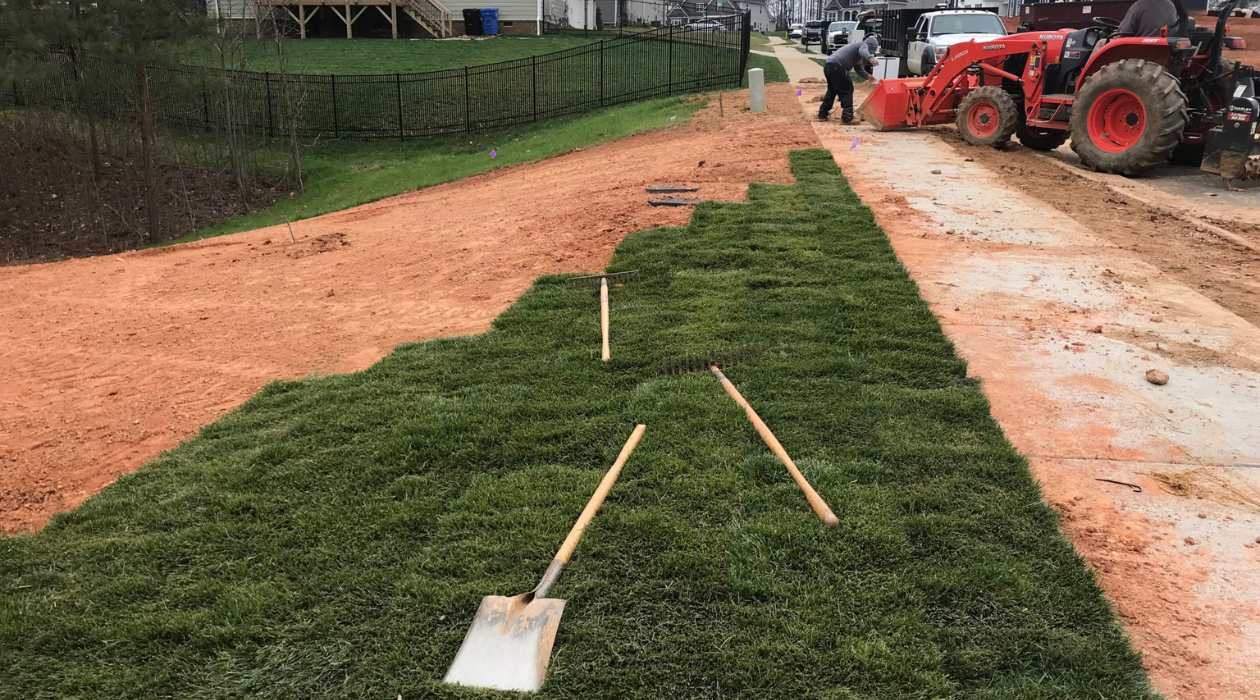
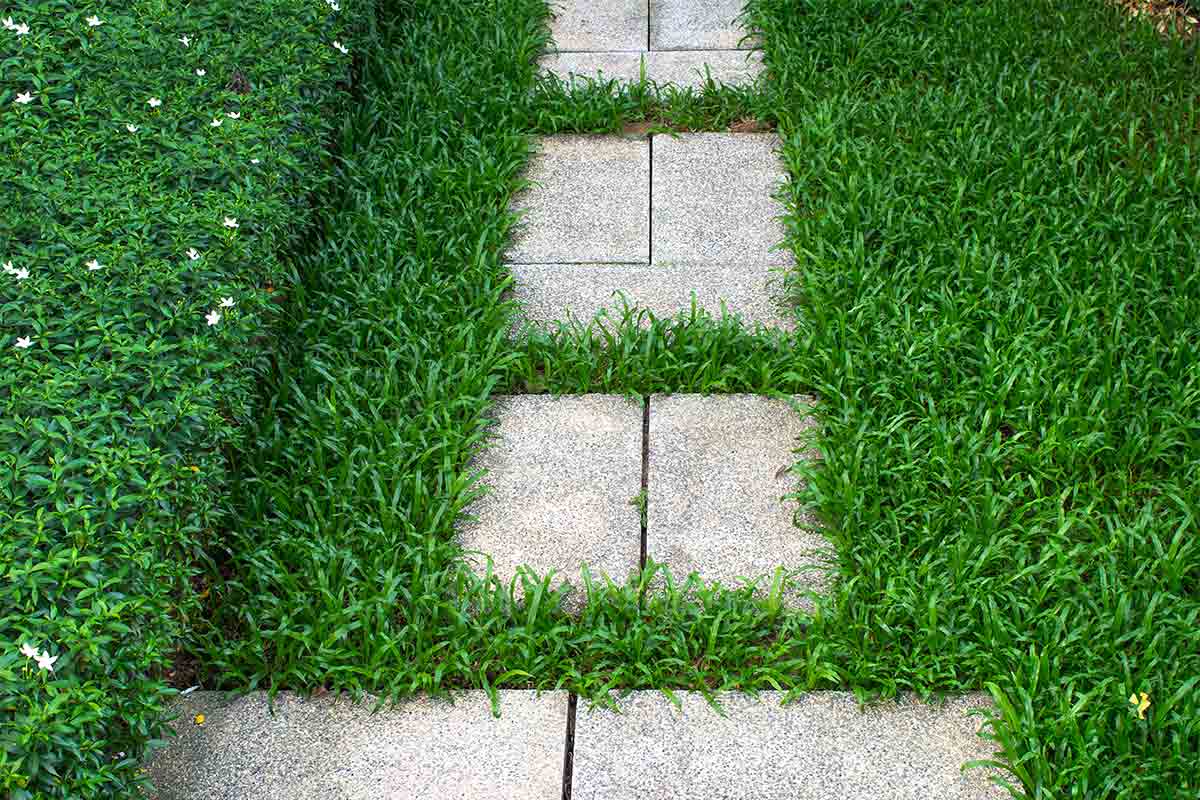
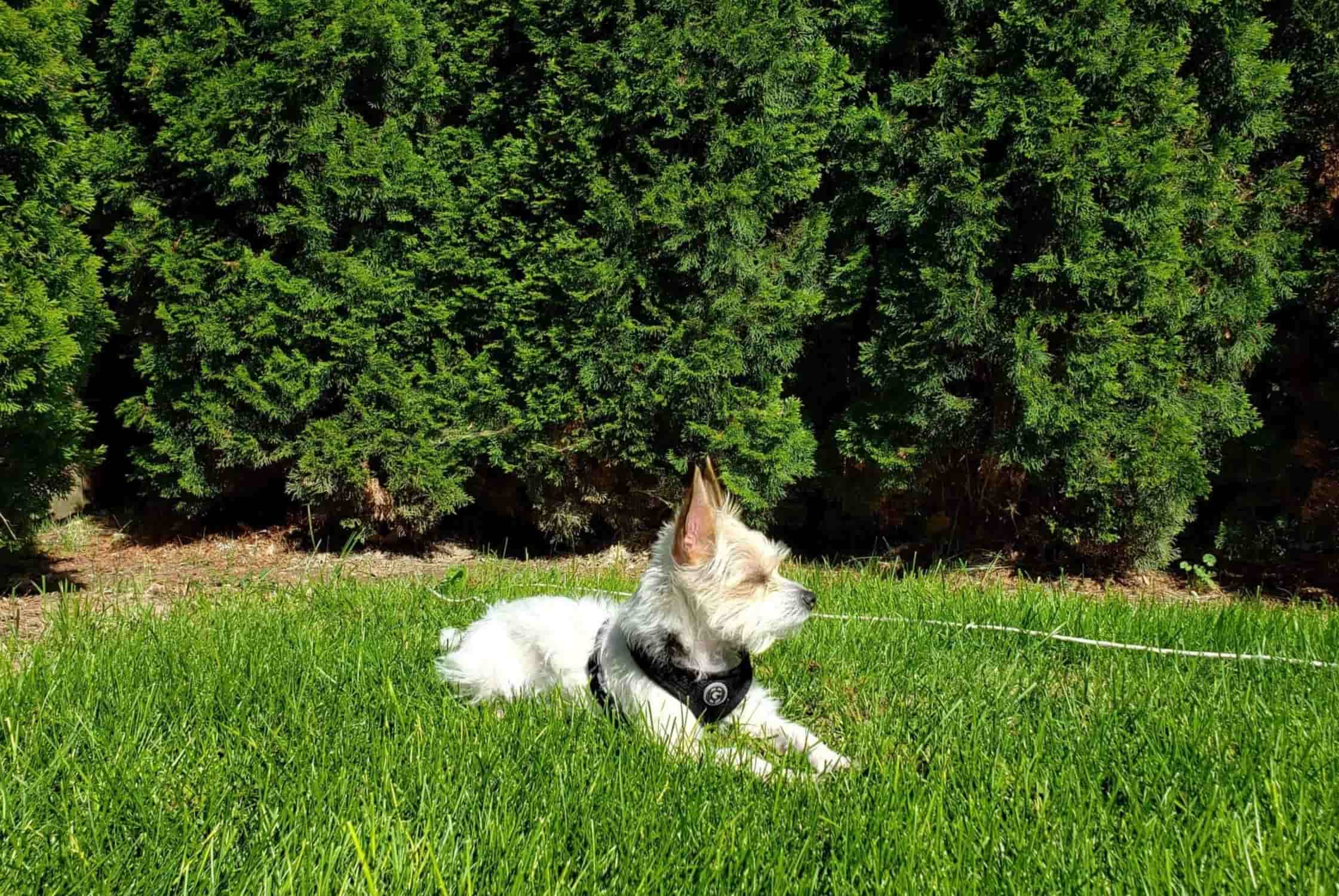
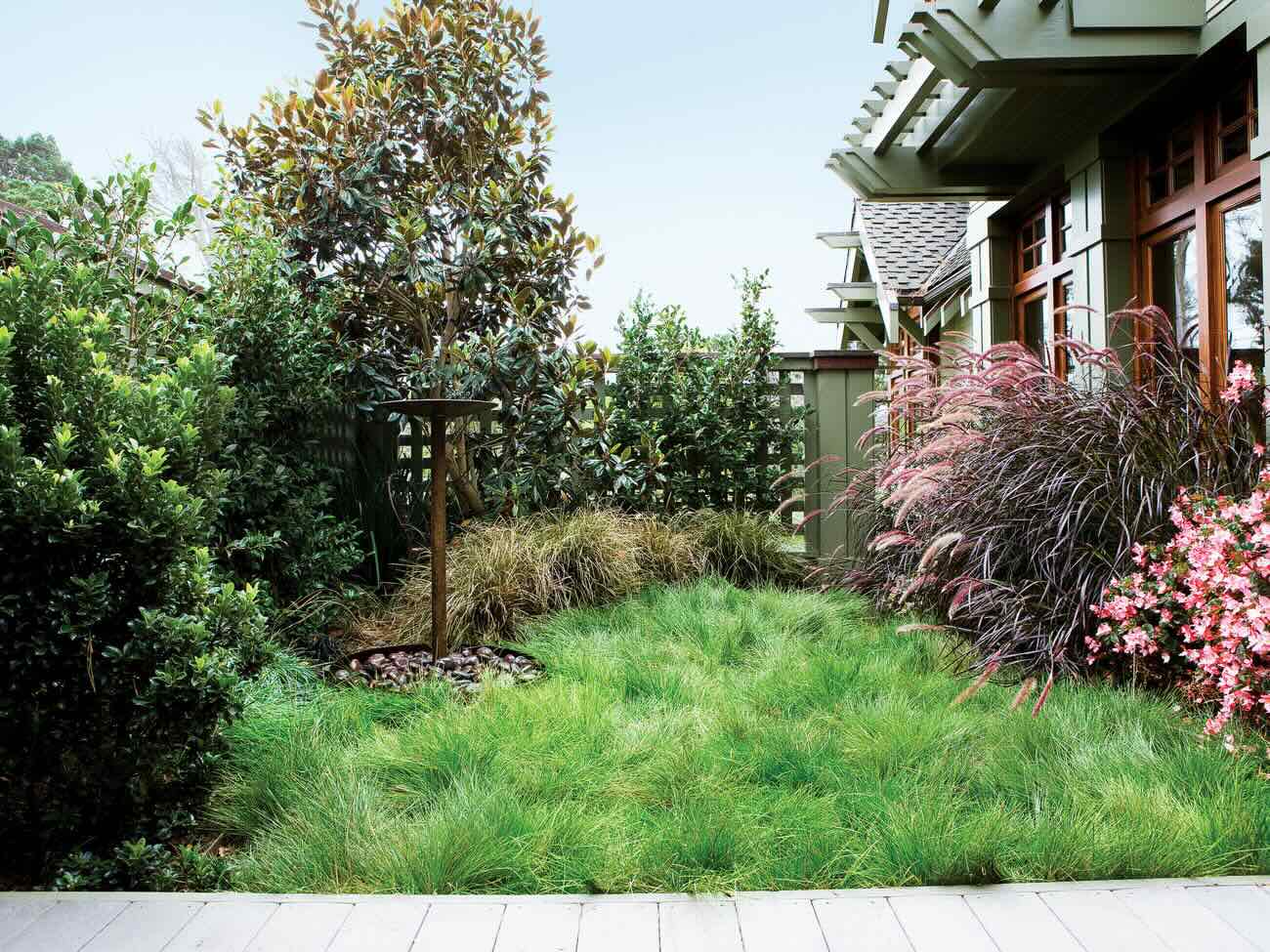
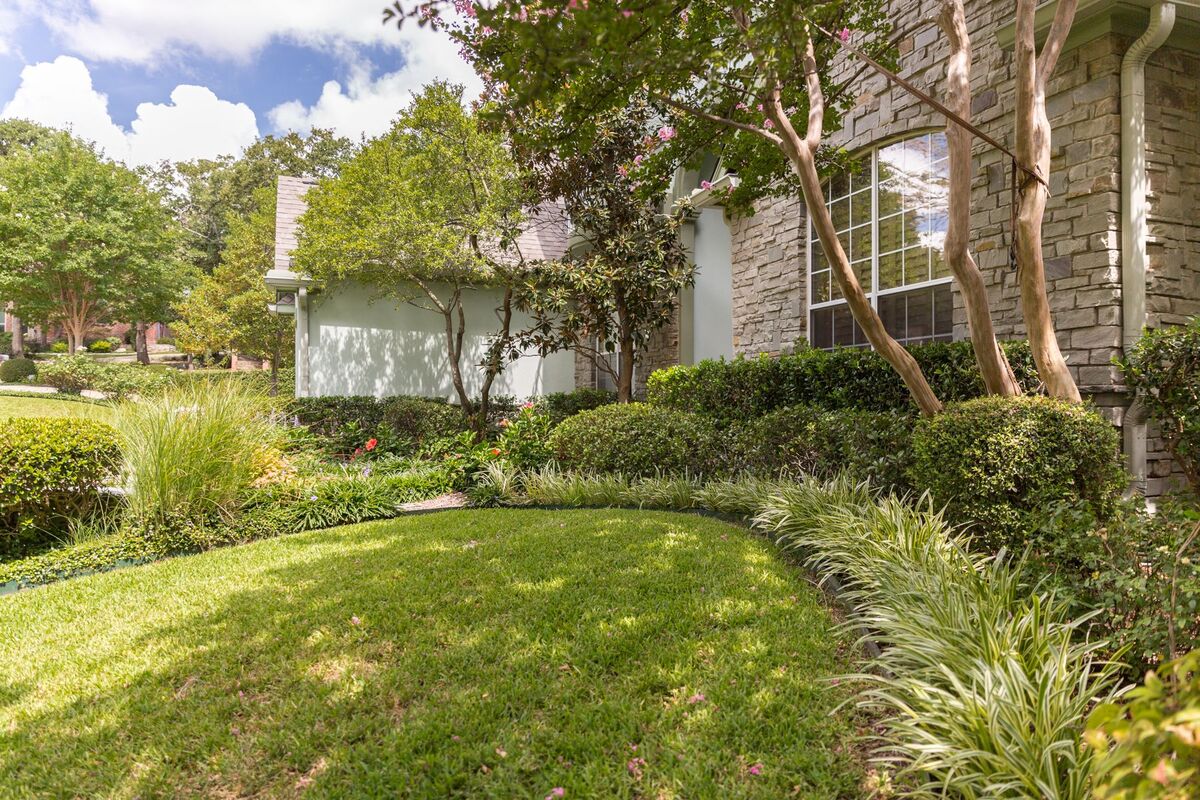
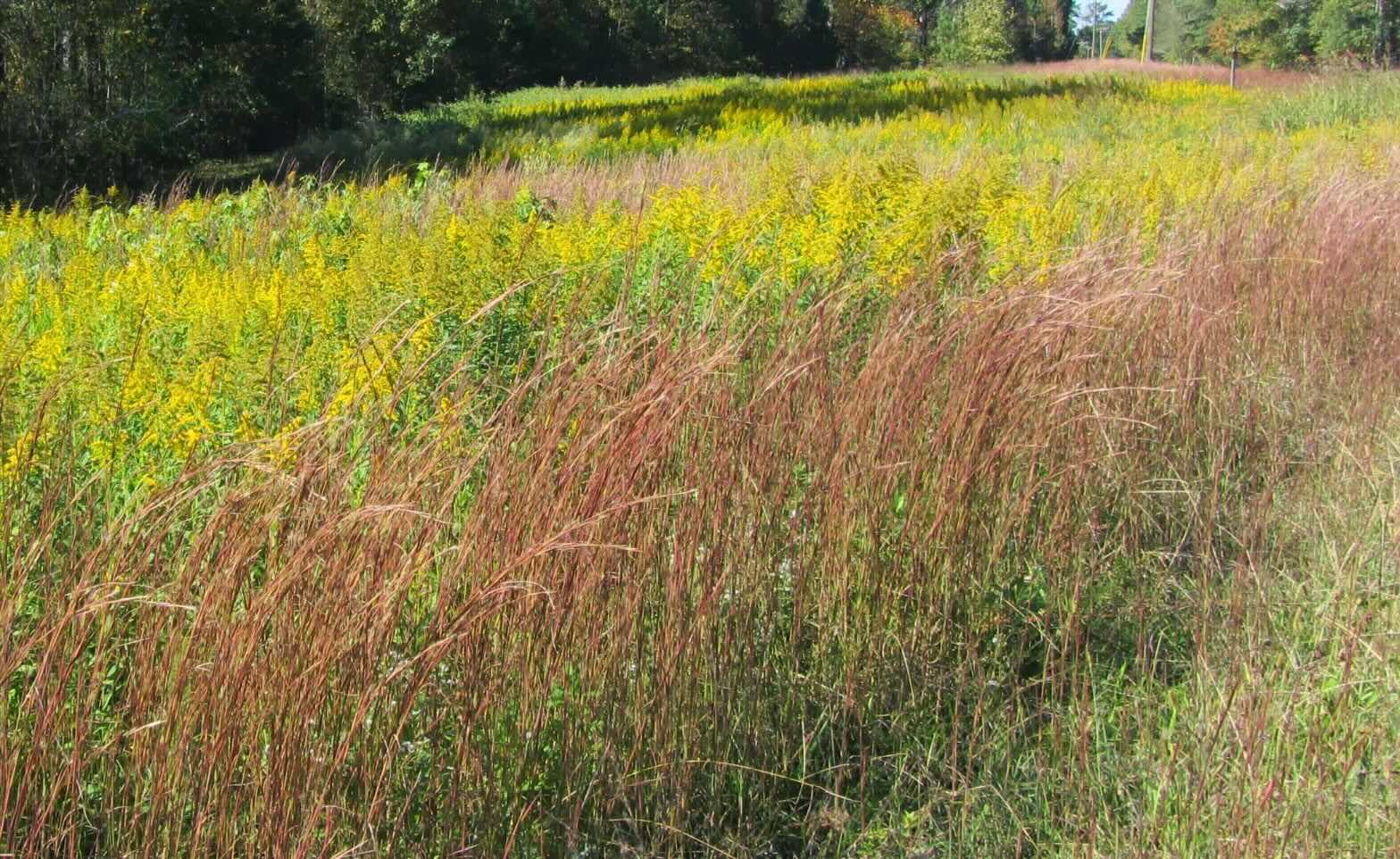
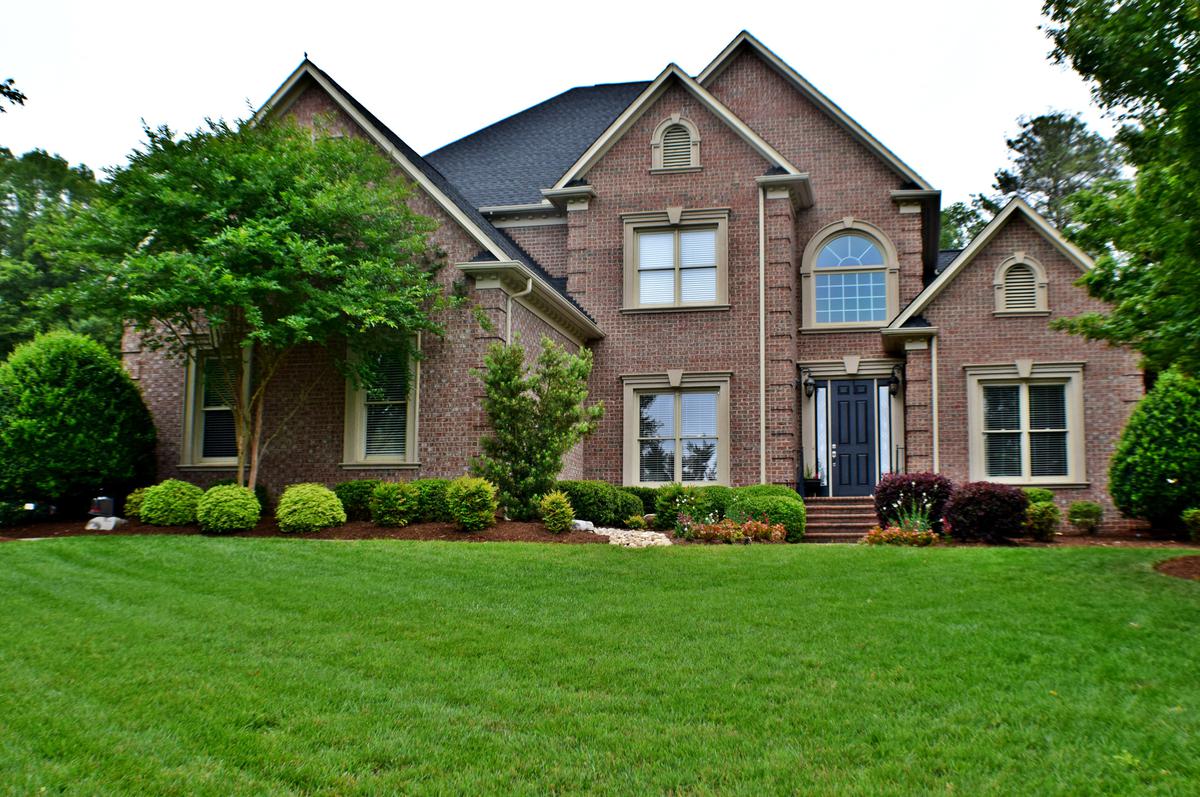
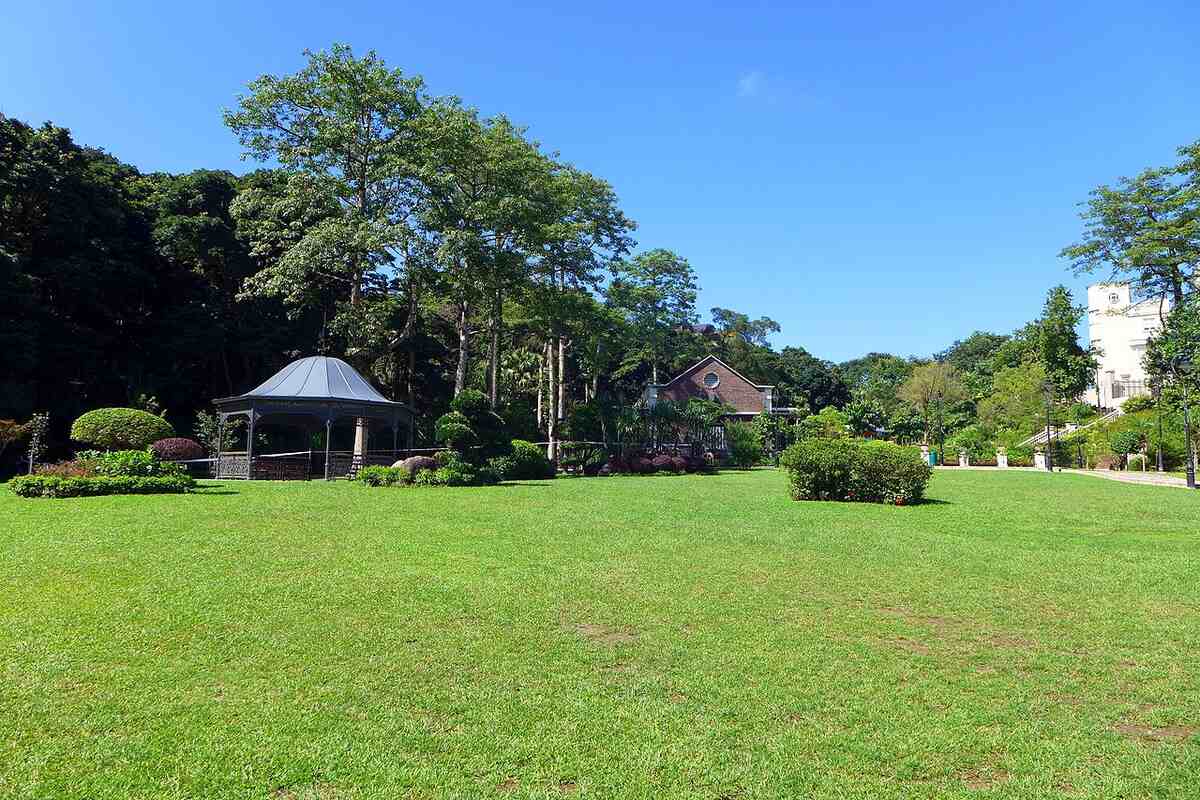
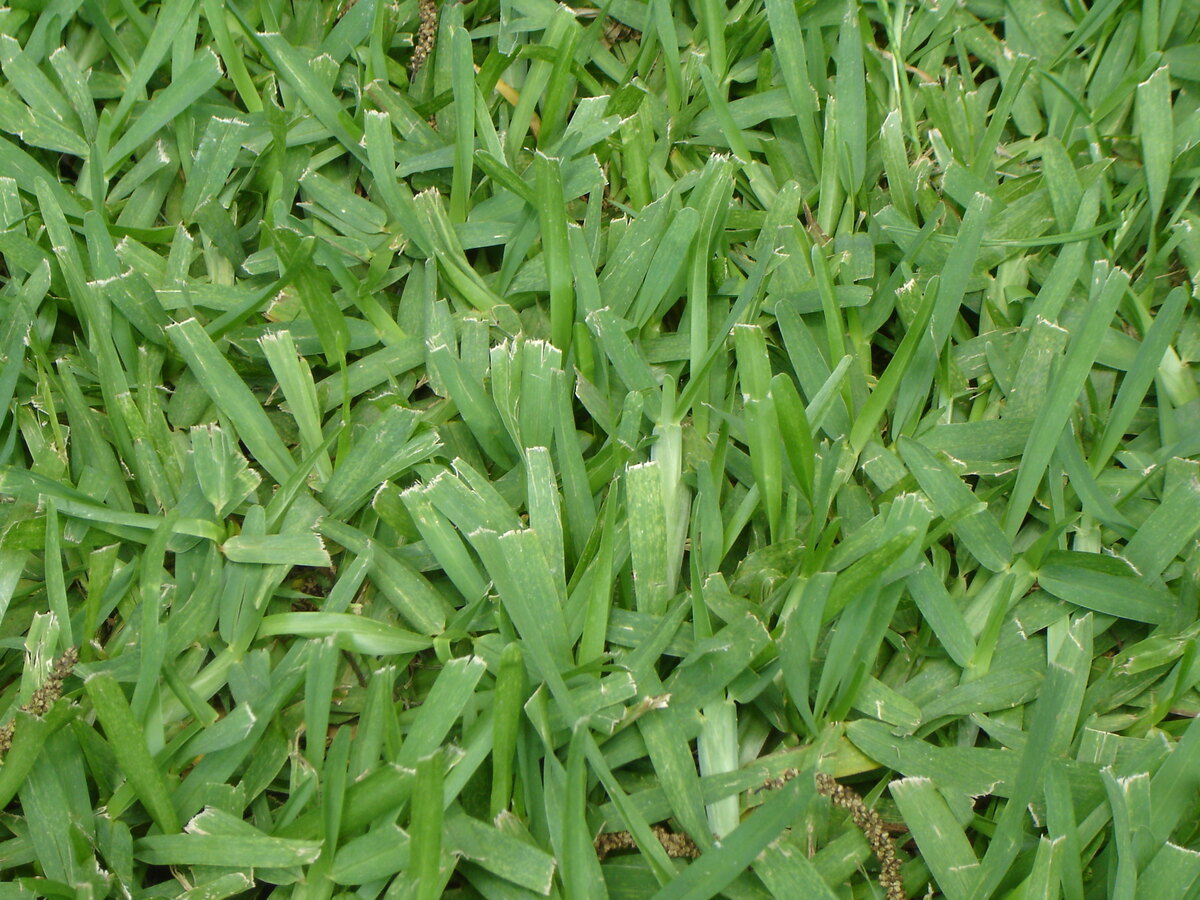
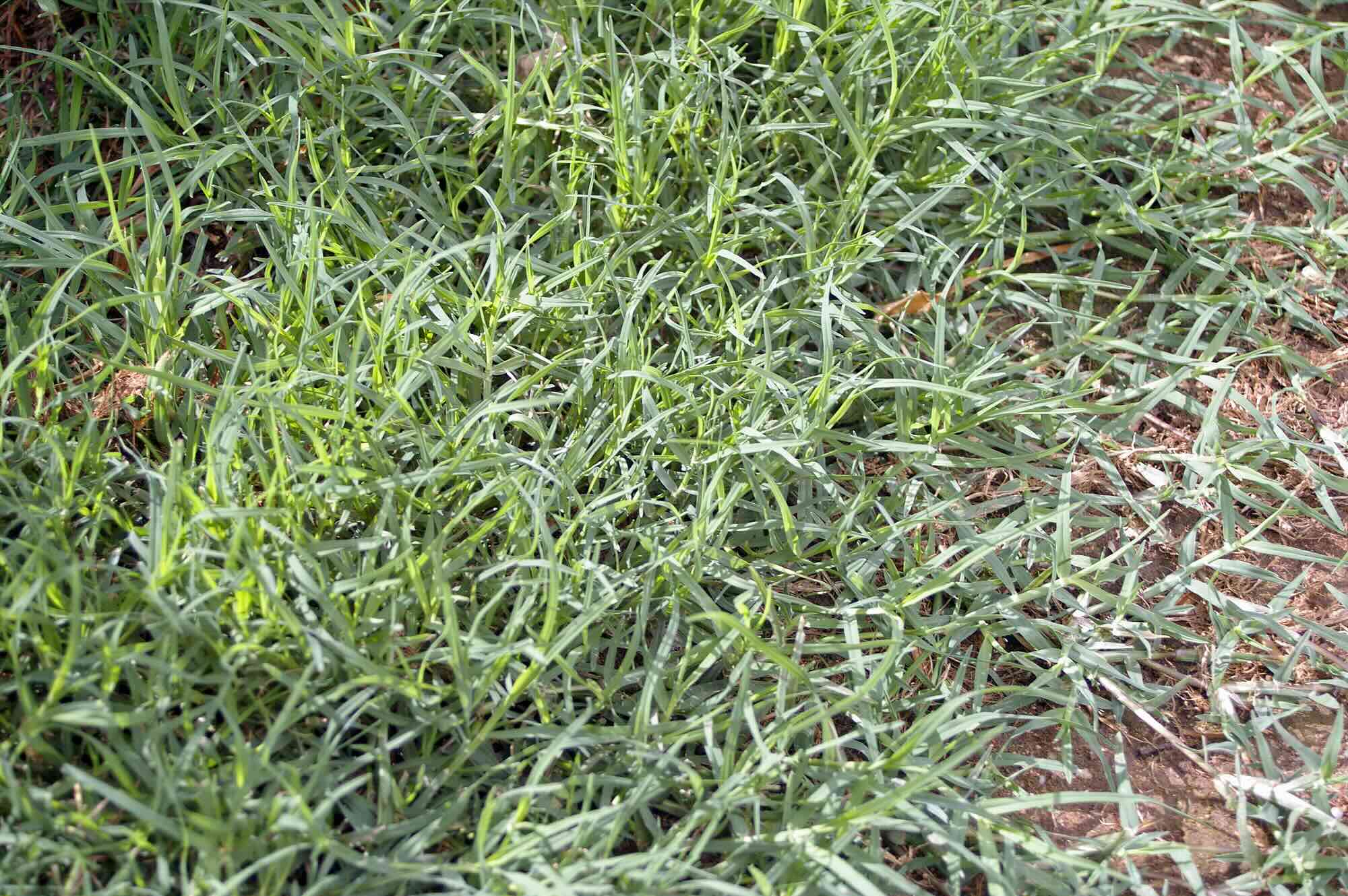
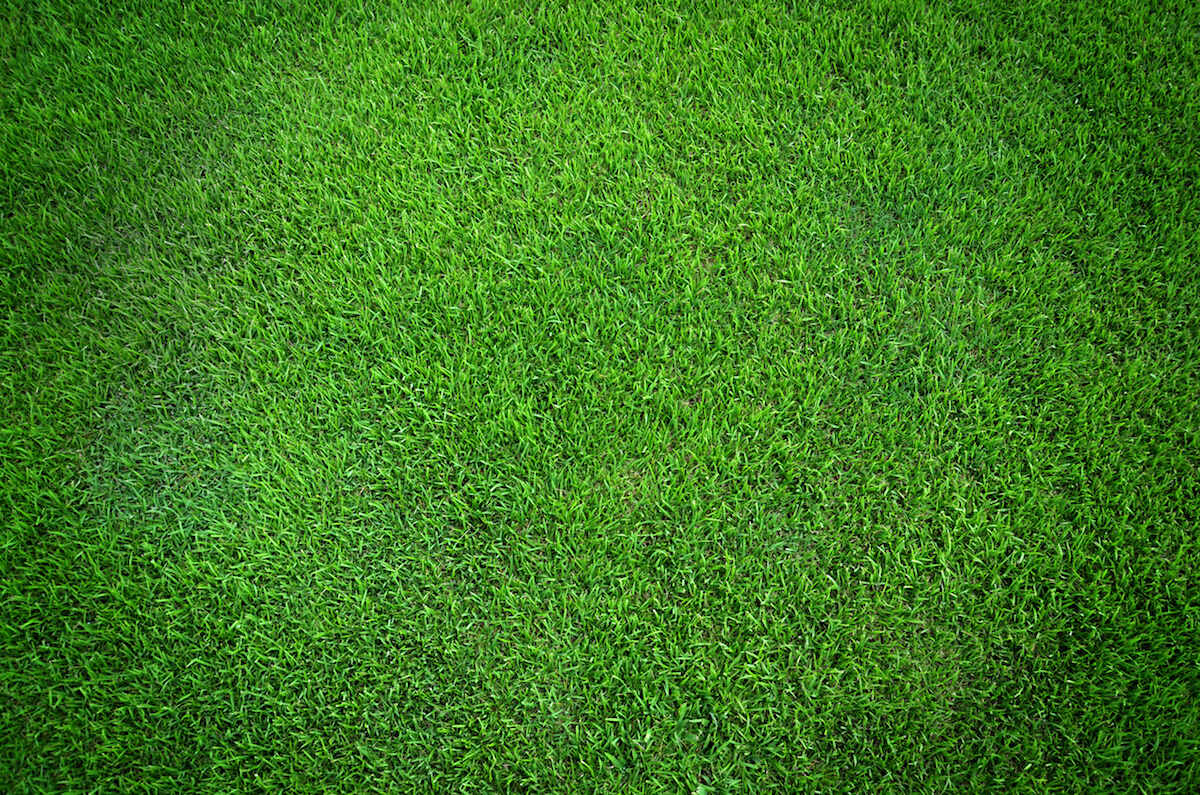

0 thoughts on “What Grass Grows Best In Georgia”